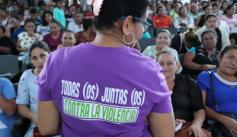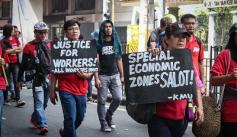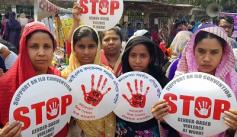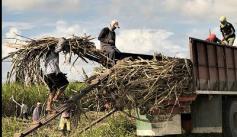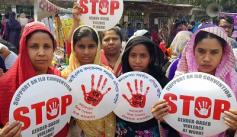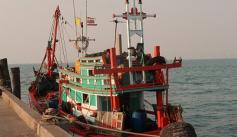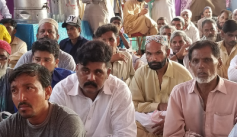Blog
June 14, 2019
A Worker By Any Other Name
June 12, 2019
The Definition of Violence
March 13, 2019
Peer Review Calls for Strengthening of U.S. NCP; Fails to Account for Key Stakeholder Input
March 6, 2019
Are Amazon, Walmart, and eBay’s online 'marketplaces' providing a refuge for goods made with forced labor?
January 31, 2019
Families and Labor Leaders Observe 6th Anniversary of Ali Enterprises Fire
September 11, 2018
Pages
Blog archive
- September 2017 (3)
- August 2017 (2)
- July 2017 (2)
- May 2017 (2)
- April 2017 (2)
- February 2017 (1)
- January 2017 (1)
- December 2016 (2)
- September 2016 (1)
- July 2016 (1)
- ‹ previous
- 5 of 17
- next ›
